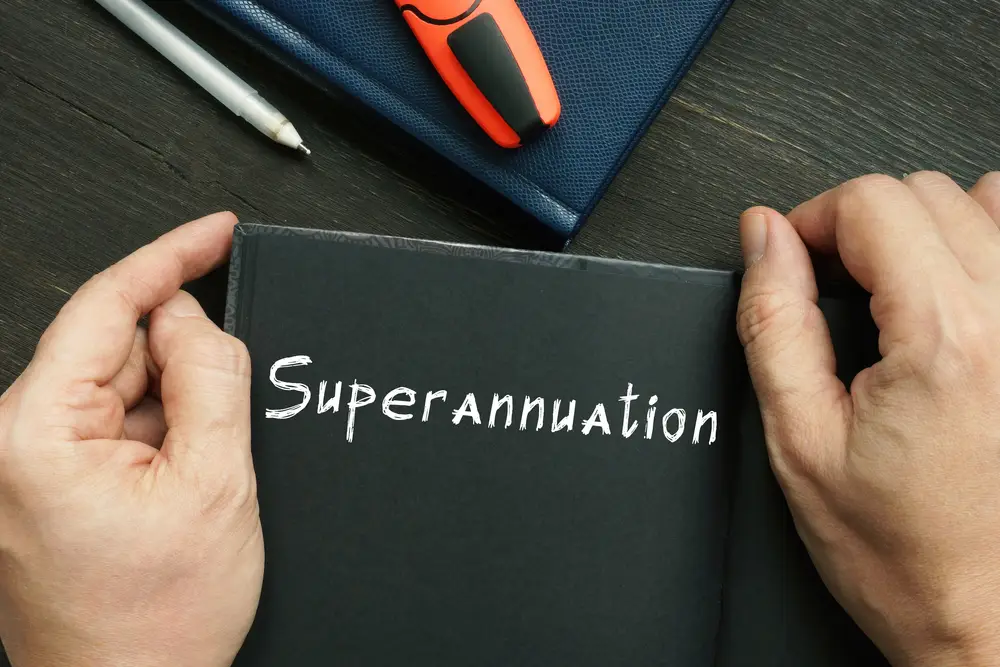Generally speaking, a tax-deductible super contribution is a contribution that you make from your after-tax income for which you have claimed as a tax deduction. This contribution can come from a large range of different sources which include your take-home pay, an inheritance, your savings or the money you make from the sale of your assets.
These super contributions will count towards your concessional contributions cap, this is currently set at $27,500 a year. It is possible that you are also able to contribute even more if you have some unused caps from previous financial years, this can be done via a method called the carry-forward rule.
A concessional contribution is taxed at the ‘concessional’ super rate of 15 percent for people on incomes up to $250,000. For most people, 15 percent is lower than the marginal tax rate you pay on your income. For individuals who are earning an excess of $250,000 an additional 15 percent tax might be payable on some or all of your concessional contributions.
Prior to making a claim for a super contribution related tax deduction, you are required to give your super fund a “Notice of Intent to claim or vary a deduction for personal super contributions’ form also known as “NAT 71121”. You can download this form from the Australian Tax Office (ATO) website, or alternatively you can obtain it from your super fund.
Once you have completed this form, you are required to provide it to your super fund by the end of the financial year following the year of which you made your tax-deductible super contribution, or prior to the date that you lodge your tax return for the financial year of which you decide to make the contribution, the one of which of these dates that occurs first.

You must also obtain written permission from your super fund before you are able to claim the tax deduction on your tax return. This written permission and acknowledgement that you receive from your super fund will confirm the amount that you will be able to claim as a tax deduction.
It is important to understand that you are unable to claim a tax deduction for any super contributions that your employer makes on your behalf. These deductions include the 10 percent compulsory Super Guarantee that your employer is required to make and any reportable contributions above this required amount, such as any salary-sacrifice arrangements that you might have arranged. Furthermore, you also are unable to claim deductions for any rollover payments that have been paid via another fund, this includes foreign super funds.
Previously, Australians who were self-employed were the only people allowed to claim a tax deduction for their super contributions. This definition of self-employed was defined in super legislation as earning under 10 percent of their income from salary or from wages.
However, changes to this legislation were introduced on 1st July 2017. As a result of these changes more Australians are able to make voluntary tax deductible and concessional super contributions.

Furthermore, if you are thinking about splitting all or part of your super contributions with your spouse, however you also want to claim a tax deduction for this, you are required to give a notice of intent to claim a deduction first. You can also lodge a superannuation contributions splitting application (NAT 15237) with them.
It is important to note that if you lodge these the other way round and your super fund has accepted your application to split your super contributions, they are unable to accept the notice to claim as a deduction.





